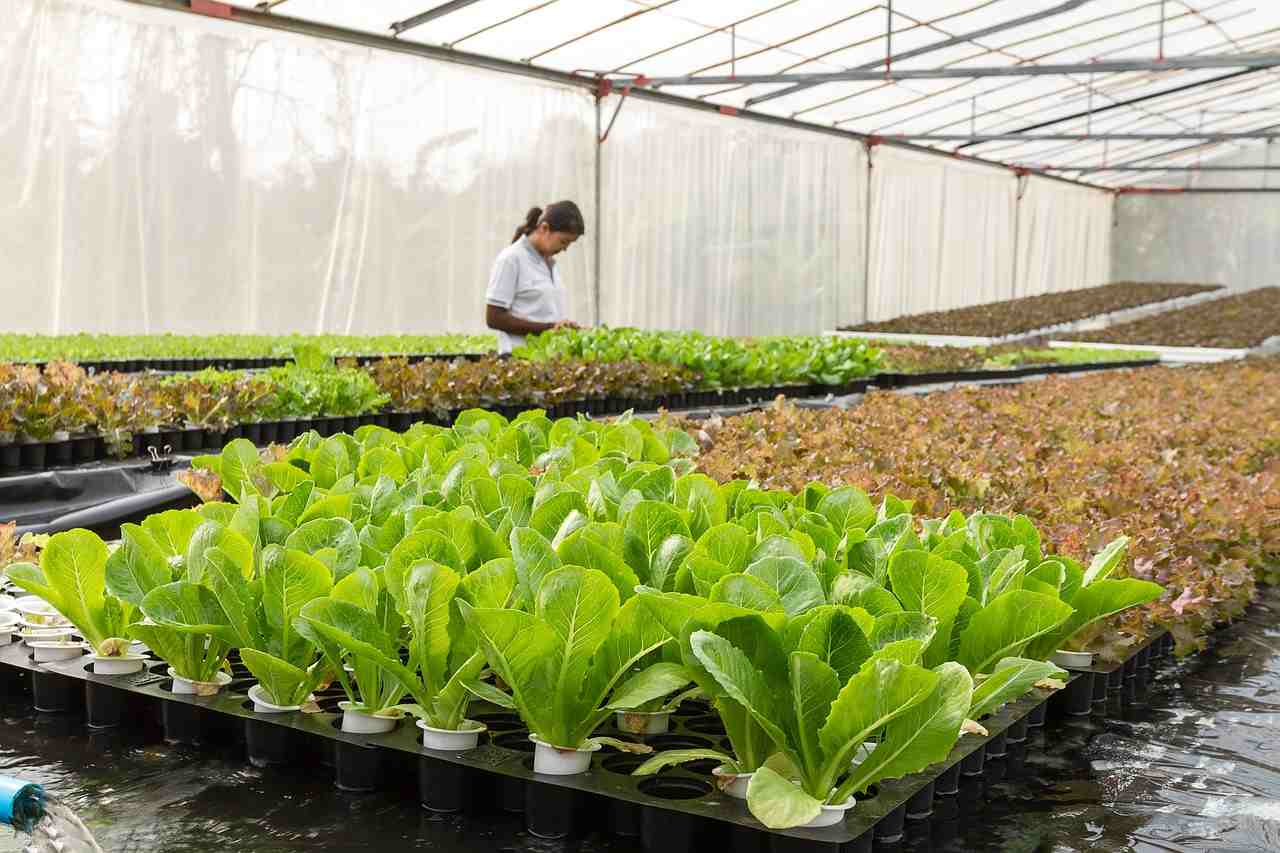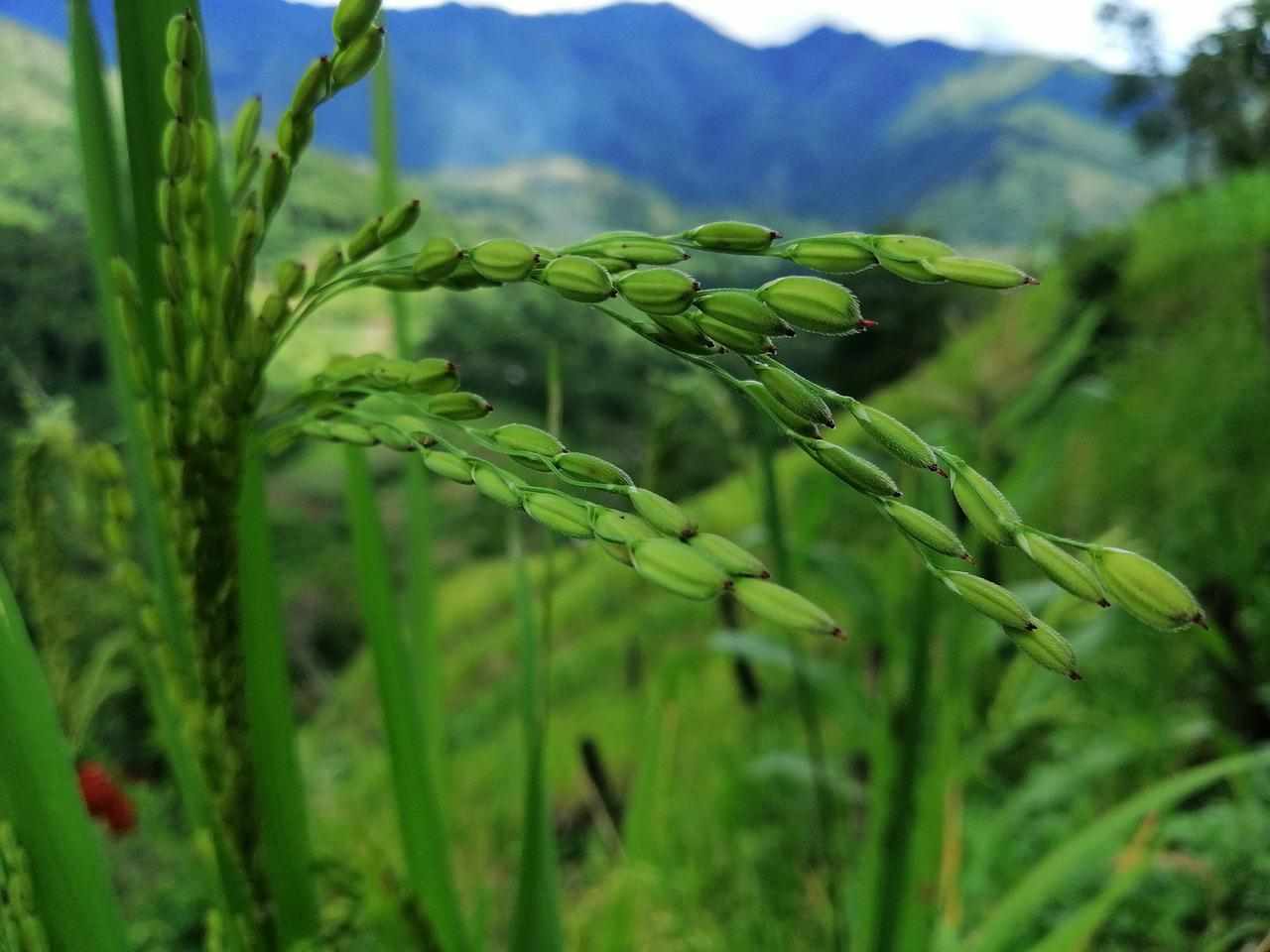

Agriculture has been a major part of Thailand’s development. 52% of land in the country is suitable for agriculture. The industry accounts for around 30% of employment in the country, producing diverse crops, thriving fisheries, and increasing poultry production.
Thailand is among the top 10 countries with the highest rice production rate. Many crops are also driving Thailand’s agriculture products. These include sugarcane, cassava, garlic, onions, shallots, and potatoes, with sugarcane recently yielding the highest volume of production among crops.
Even though agriculture in Thailand only accounts for 6% of the country’s gross domestic product (GDP), it remains an important sector in terms of food security. The government continues to support the industry’s growth to encourage its competitive nature. What are the current developments in the agriculture industry in Thailand, and how is agriculture technology helping the sector contribute to the country’s growth?

In a YCP Solidiance insight article titled “How Thailand’s Economy is Recovering Through Agriculture and Rice Production,” the country has struggled with rice production in the last few years due to drought. Rice exports also suffered a two-decade low as competition became stronger and shipping costs became higher.
This year, there is a positive outlook on growth in agriculture as Thailand expects more favorable weather conditions as well as adequate water supply. The United States Department of Agriculture (USDA) forecasts a 17% increase in rice production alone.
Agriculture has also presented an opportunity for Thailand to promote organic tourism. The Tourism Authority of Thailand (TAT) partnered with the Thai Organic Consumer Association (TOCA) to launch a platform that connects a network of organic farmers to consumers. Both local and international tourists will find direct access to purchasing organic rice, wherever they may be in Thailand.
Thailand is one of the earliest adopters of agriculture technology in the region. The government introduced a digital transformation program for the industry in 2020 and continues to expand its smart farming and agribusiness initiatives to support Thailand’s agriculture products.
The state-owned Bangkok Bank of Agriculture and Agricultural Cooperatives (BAAC) announced plans to allocate as much as $3.3 billion to boost agriculture in Thailand in 2019. The main priority was digitalization, and 4,500 Thai communities became part of the project that introduced the integration of modern information and communication technology (ICT) into the industry.
TraceThai, a national traceability system for the country’s agricultural supply chain, was introduced in 2020. It began by applying the system to local organic food production. This year, agriculture technology in Thailand has expanded to include 77 provinces to utilize 700 technological innovations for 8,500 producers.
There are plenty of opportunities for businesses in the smart agriculture, big data, and e-commerce industries to expand in Thailand. With smart farming quickly becoming the norm, especially as Thailand begins to support young farmers through technology, the country is quick to adapt to innovations that help producers increase their capacity for farming.
Agribusiness becomes more innovative for agriculture products in Thailand, and as farmers become more reliant on technology on both production and distribution ends, it will be beneficial to partner with the government and local cooperatives in expanding the capabilities of these producers through technology.

Exploring the Digital Health Competitive Landscape in Thailand
Thailand has experienced significant growth in its digital health market, propelled by the government's push towards digital transformation and the rising adoption of health technologies. The market encompasses a range of digital health solutions, including telemedicine, electronic health records (EHR), mobile health apps (mHealth), and wearable technologies. These conditions create a digital health competitive landscape in Thailand.

Global Changes in Technology Roles in Companies
The global changes in technology roles are reshaping business operations and strategies. We explore these changes in this article.

Exploring Thailand's Electric Vehicle Ecosystem: Growth, Segments, and Market Players
Thailand's electric vehicle (EV) ecosystem is undergoing rapid development, marked by diverse segments experiencing substantial growth and dynamic market shifts. The positive performance of EV segments in Thailand is expected to shape the future of transportation in the country.

ASEAN EV Market: Expanding Production in Thailand
Electric vehicle (EV) adoption in Southeast Asia has gained momentum in recent years, albeit slower than in other regions like Europe and China. Indonesia boasts the largest nickel deposits globally, while Vietnam's abundant nickel reserves make it ideal for battery production. Thailand, the region's largest producer and market for EVs, offers incentives to position itself as a base for EV manufacturing. These factors provide good provisions for the ASEAN EV industry.